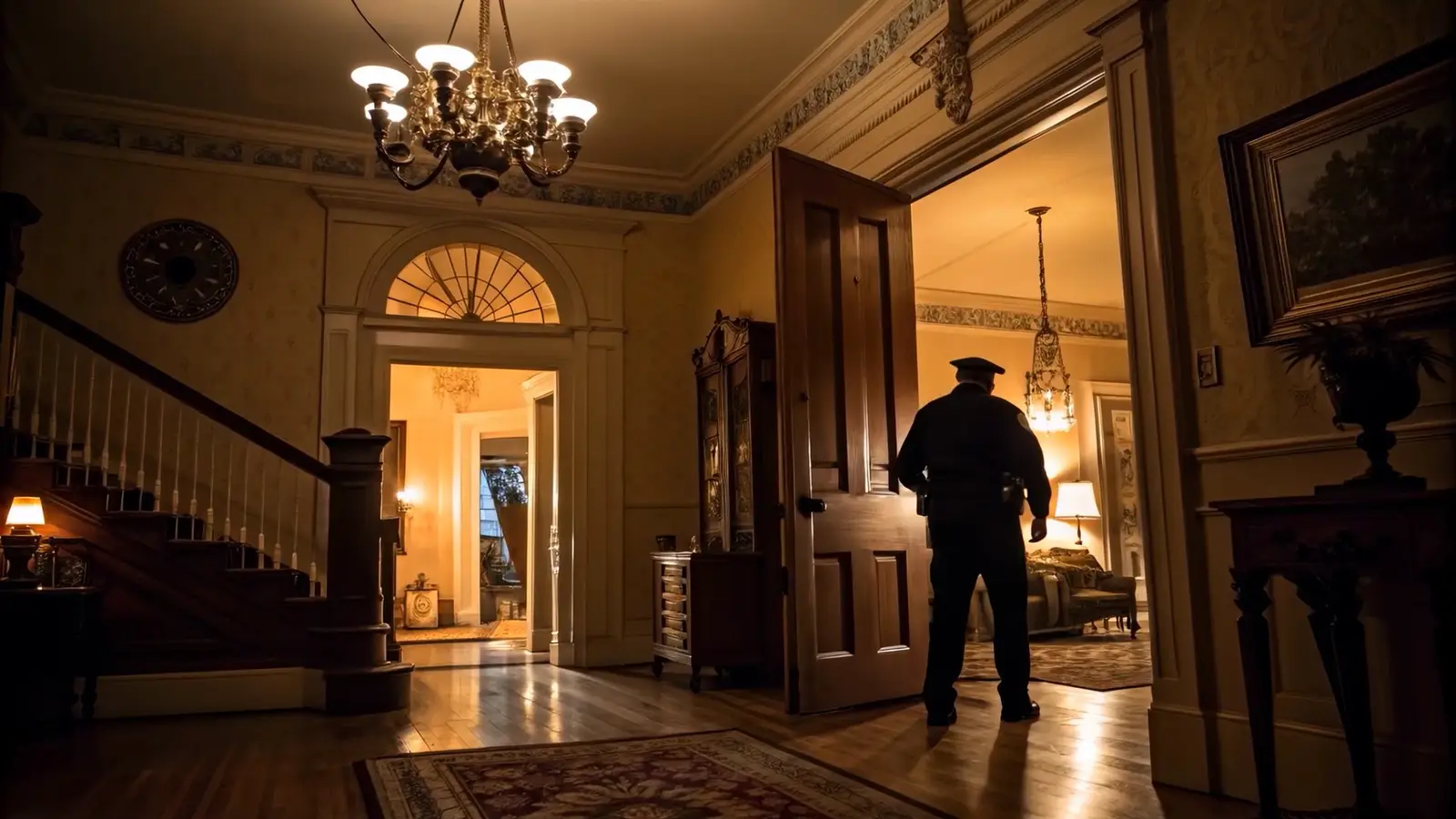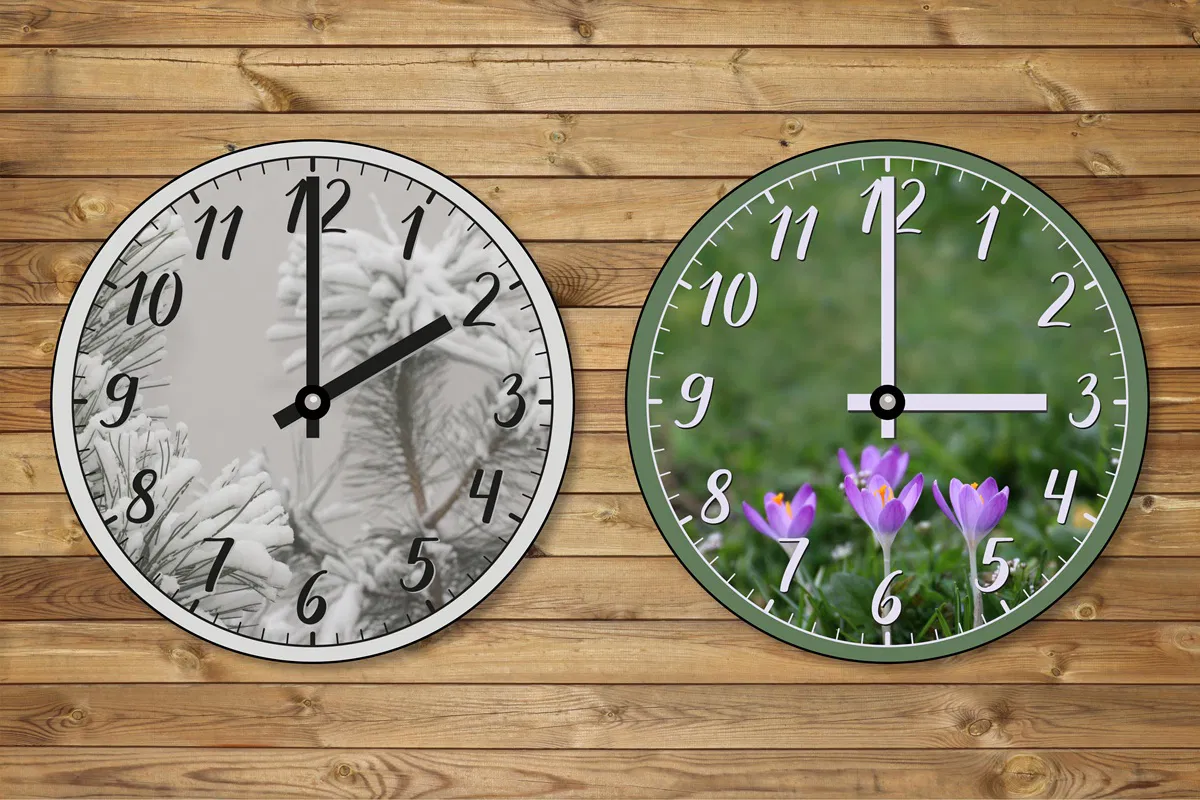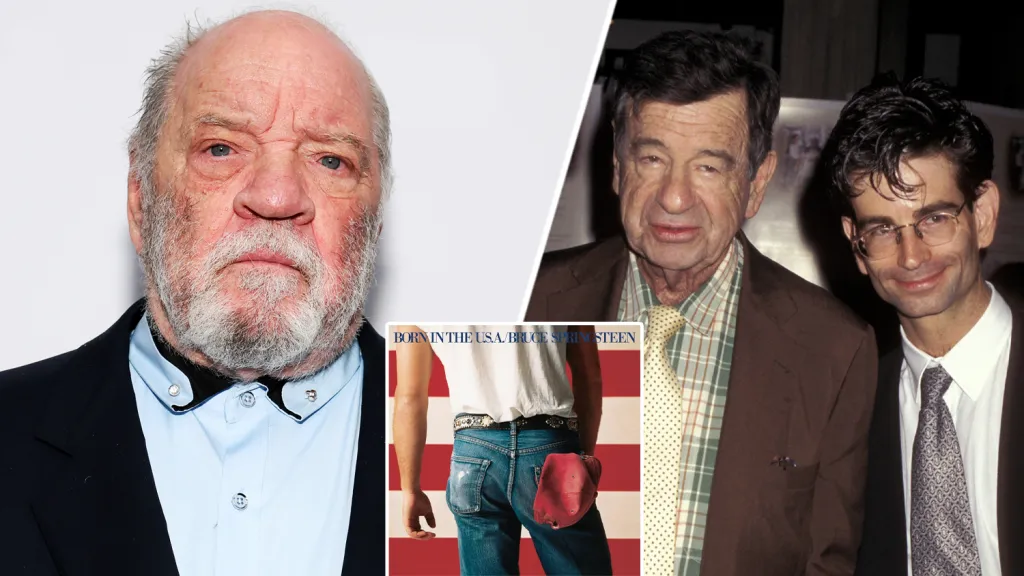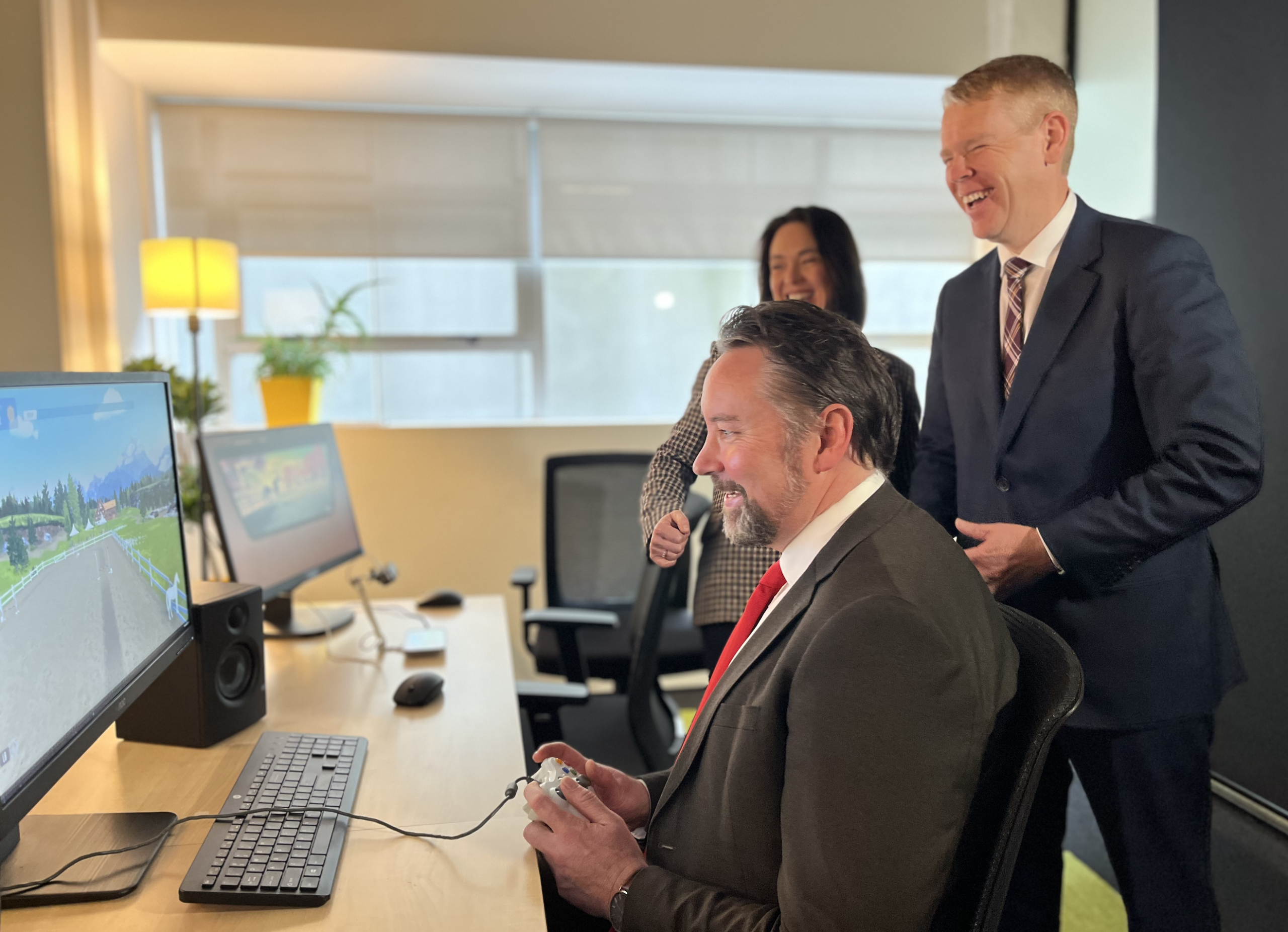Copyright Polygon

Wolf Games sits at the uneasy crossroads of two worlds: the deeply human craft of storytelling and the algorithmic power of generative AI. Founded by veterans of television and tech, including Elliot Wolf, son of Law & Order creator Dick Wolf, the company hopes to channel the energy of its predecessors into experimental tech, using AI to generate endless storylines for players to inhabit. That starts with an obvious play for a team that’s worked on the Law & Order, FBI, and Chicago procedural franchises: daily crime-solving games. The vision excites the creators who built prestige television for decades; on Wednesday, the company announced a new $9 million round of funding, with Dick Wolf himself still an investor, and a partnership with NBCUniversal “to explore building immersive games.” The possibilities seem endless, but are sure to unnerve those who see generative tools as a threat to the very artists Wolf Games claims to champion. The company’s leaders frame their work not as automation but as augmentation. Wolf insists that writers, editors, and artists remain at the center of everything they build; a “focus on using ethical generative AI,” to quote Wolf Games’ news release, has been “engineered to be a true creative partner” to a team of writers and game developers working on games like the upcoming Public Eye, which casts the player as murder-scene investigator. A more rudimentary game, the find-and-click discovery game Clue Hunter, debuted ready to play alongside the Universal deal. It’s easy to imagine a Law & Order incarnation where players become the next Lennie Briscoe. Wolf Games’ approach raises familiar questions: How does the AI stack work? Where do the human game devs and writers come in? And can the machine honor a story craft that Dick Wolf himself has honed over 35 years, having produced over 1,300 hours of Law & Order dun-dun drama alone. Polygon spoke to Elliot Wolf and Wolf Games co-founder Andrew Adashek on their hope to live alongside AAA gaming and the daily puzzle ecosystem at a time when many major studios are drawing lines in the sand against generative AI. Polygon: Wolf Games says its platform has been engineered to enhance rather than replace the creation process. What does that mean? Elliot Wolf: So the high level is that we're still human-first creatives in every sense of the word. We have writers, we have game designers, we have editors, we have visual artists on our team plugging away. But our goal is to deliver an endless amount of entertainment in the form that people love. So what does that mean? We want you to be able to come back and play new stories every single day. And with our early games, we are taking proven game mechanics. So, as an example, a hidden-object game or a runner game. We know those mechanics work and people find them really fun to play, but we are making them unique in our own by telling stories through those mechanics. That means that we have to bring together all of the assets and components to tell a story through a hidden-object game mechanic. If you played a hidden-object game, you are generally playing a 2D surface that has no contacts and you're just trying to find the object. In our case, we are telling a story through that mechanic. So Public Eye, which is our first original IP, is a crime-solving universe. Every day you get new crime stories to solve. In the case of a hidden-object game, you are finding hidden objects to actually progress through the story. So when you reach the “Win” state in a level, you get more story. The story progresses based on your actions. So, when we talk about our generative gaming engine, it's able to take the story that we create and embed that gamification seamlessly. And then the layer on top of that is we can create increasing personalization, tailor the experience to the player. Let's use geography as an example. I'm originally from New York, but you could play a case in Public Eye set in New Jersey. I can play that same case set in Los Angeles. We still get the water cooler conversation of what a compelling story, but it's localized to where we are. Andrew Adashek: So you can imagine that it's set in your neighborhood — your ice cream store, your local car dealership, your area. These are the things that we mean about net new experiences. You could never do this traditionally. Now, how do we do that specifically? Our stack builds in real time, text, image, audio, video, and code all built on our tools. So we are able to build these games in near real time. And what we do have, as Elliot mentioned, we've got the writers and the editors and the storytellers and the game designers, but we really empower them to move at the speed of culture, the speed of what's happening in real time. The old bicycle for the mind becomes the rocket ship for the mind. You call out in the news release that your stack relies on “ethical generative AI” — I feel you anticipating a conversation. What does ethical generative AI mean? Where does the stack pull from to create visuals to create sound? Wolf: Taking a step back, high level: There's no more important conversation going on in the game and entertainment industry in terms of how to navigate all this stuff. And for us, making sure that we're following industry standards and also contributing to that conversation is really important. So, as an example, with NBCUniversal, we are only using the models and so forth that they have fully vetted and approved. Something that is important to our tech stack is that we are not beholden to any one model or partner. We're able to plug and play the models that are either approved by the partner or meet our ethical standards. An analogy I like to use sometimes — if you think about the sound rack in a music studio, and you have an amplifier, a compressor, and five other tools to modulate the sound wave, the tools themselves are swappable, but what makes the final output of the sound is the way that you wire all of those tools together. Our proprietary technology is the wiring and the actual models that we use are modular so that we can adhere to our partner standards. Adashek: The other thing I want to reiterate is if you give me access to our tools, I can create an interesting story in a pretty OK game. But when you give our tools to professional game designers and editors and storytellers and game creators, they create things that are next level. For us, part of the question is: What are the net new opportunities that we're creating for people? For the experts in the field? For the people that want to push the edges? Our team — we're 20 people right now — these are all new jobs, these are new experiences, and we're building these every day. Something new is coming up, and we're learning new areas where we have complete, human support, human interaction. We are not interested in, like, making TV and film or games cheaper. We're looking at what are the things that we can do to move beyond fear and say, “OK, you don't have to ask permission anymore. You can build great games right now.” Which elements does the AI generate for the team? Is it building the games? In early Public Eye footage it looks like art and voiceover as well. Wolf: That trailer that you saw was actually a teaser from six, seven months ago. So I'd actually say that's pretty old in terms of where we are today. But the short answer is, yes, everything that you saw was generated, but it was written by our writers. The sound and so forth is still a pretty hands-on experience with our editors. But the core work is done in the character creation and the world building, and then day to day, once you actually establish who these characters are, their interactions with any given player can become increasingly owned by the personality that you've created. So it's all human-made. Yes, the voices, everything was designed by us, but as those characters are established, players interact with them, the player will have an increasingly personalized experience with those characters and that will take on a life of its own. Is the hope of a deal with Universal and ambition to extend known IPs to be able to look at 1,300 episodes of Law & Order and use that as the basis for generation? To gamify the property? Wolf: We can't speak to the specific IP that we're working with NBCUniversal yet. The one thing I will say is that our engine works across genre. So we are starting with crime for our personal launch with Public Eye, but we will work across genre and there's quite a bit of opportunity and breadth across the library as a whole. But for any specific IP universe that we work with… I appreciate you asking, I want to be really clear about it: We're not pulling the scripts themselves or necessarily pulling the characters and recreating them. We are largely building within universes in a manner that allows people to interact with them in a different way than they've had with a traditional IP. So if you think about a TV show on streaming now your average episode order is eight to 10, and in broadcast that's 22. That's not a lot of interactions with your favorite IP outright. That's an amazing way of building a fandom and immersing the fans into a world. But in the times that we live in, I think a lot of people want to engage with that stuff every single day. So we tell stories within those IP universes that allow you to come back every single day, and they can be net new storylines, net new characters, but live within the world that you already love. So we're not training off the scripts, or recreating the scripts in any capacity, so much as we are extending the worlds. Why do you think there are studios out there saying they won’t embrace generative AI in games or publish games made with AI? What convinced you that this could be done in an ethical way, but others remain skeptical? Adashek: I think people react viscerally to AI. First off, when it's deceptive, if you're not straight ahead what you're using for tools… people will react, and you want them to say, “OK, I'm making a decision about what I'm getting into and what I'm exploring.” I also think that there are a lot of people that come in from the world of AI and come to creative spaces and just say, “Hey, I can do what you're doing only better and cheaper,” and that's not true. That's again why I don't want to touch television or film or even frankly AAA gaming. Those are things that people do really well right now and they're beautiful and they're their own art. But what I do think is when you talk about net new experiences and people, when we show people how what we’re doing is so tailored to and of the moment, we get great responses. There's a certain portion of people certainly that, no matter what when it comes to AI, you say the words and they hate me no matter what. There's probably 20% of people that I say it to and they're like, “please unfollow me.” The other people when you're like, “Hey, I'm building games powered by AI that are net new and I'm not replacing anything, I'm not depreciating the value of any work, I'm creating net new opportunities for people,” people lean in. That's why I think the partners we're talking to are so excited about what we're building, and they see this as a way to extend their creative genius that they've already worked on. They see us as caretakers of their IP.



